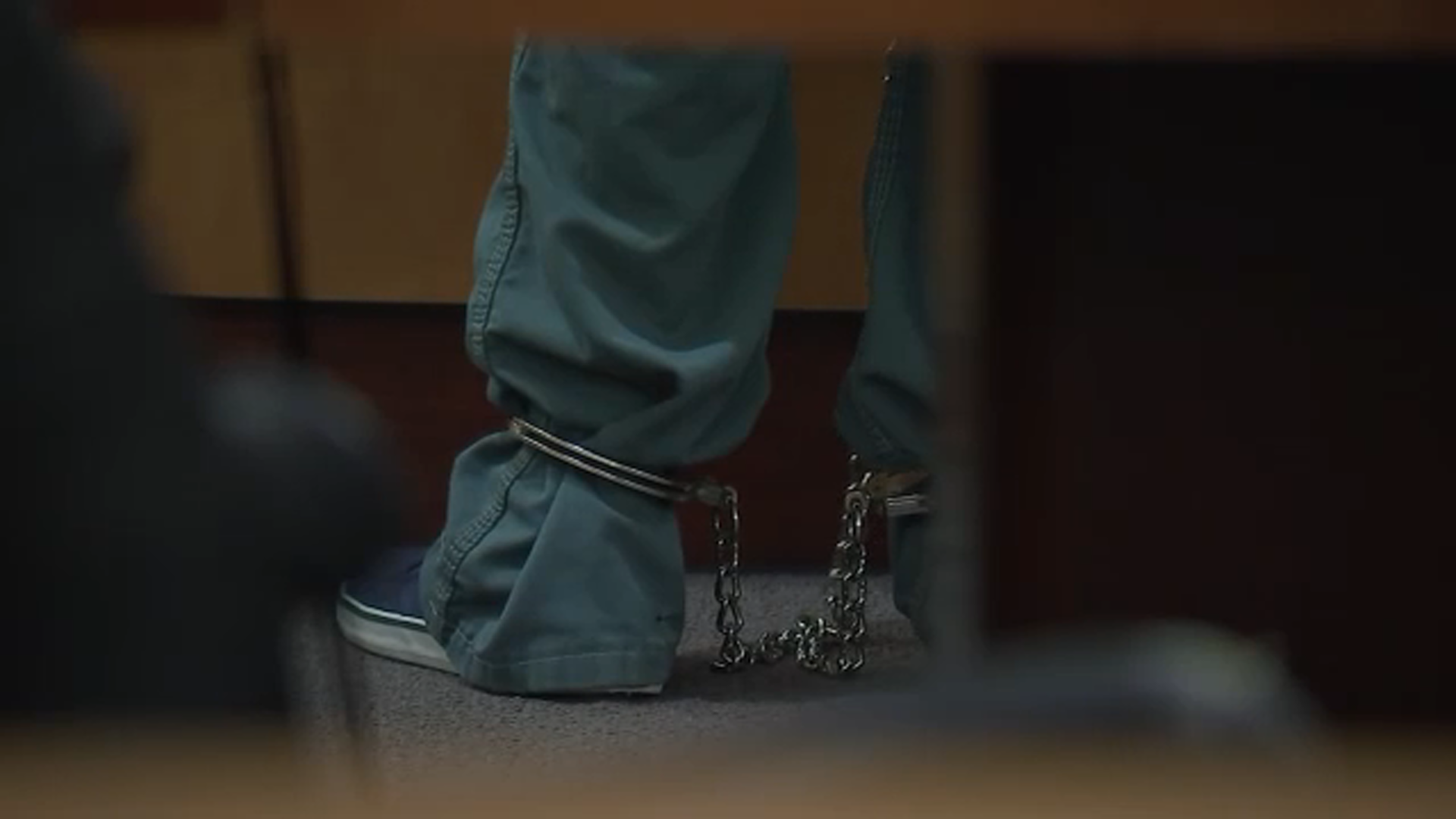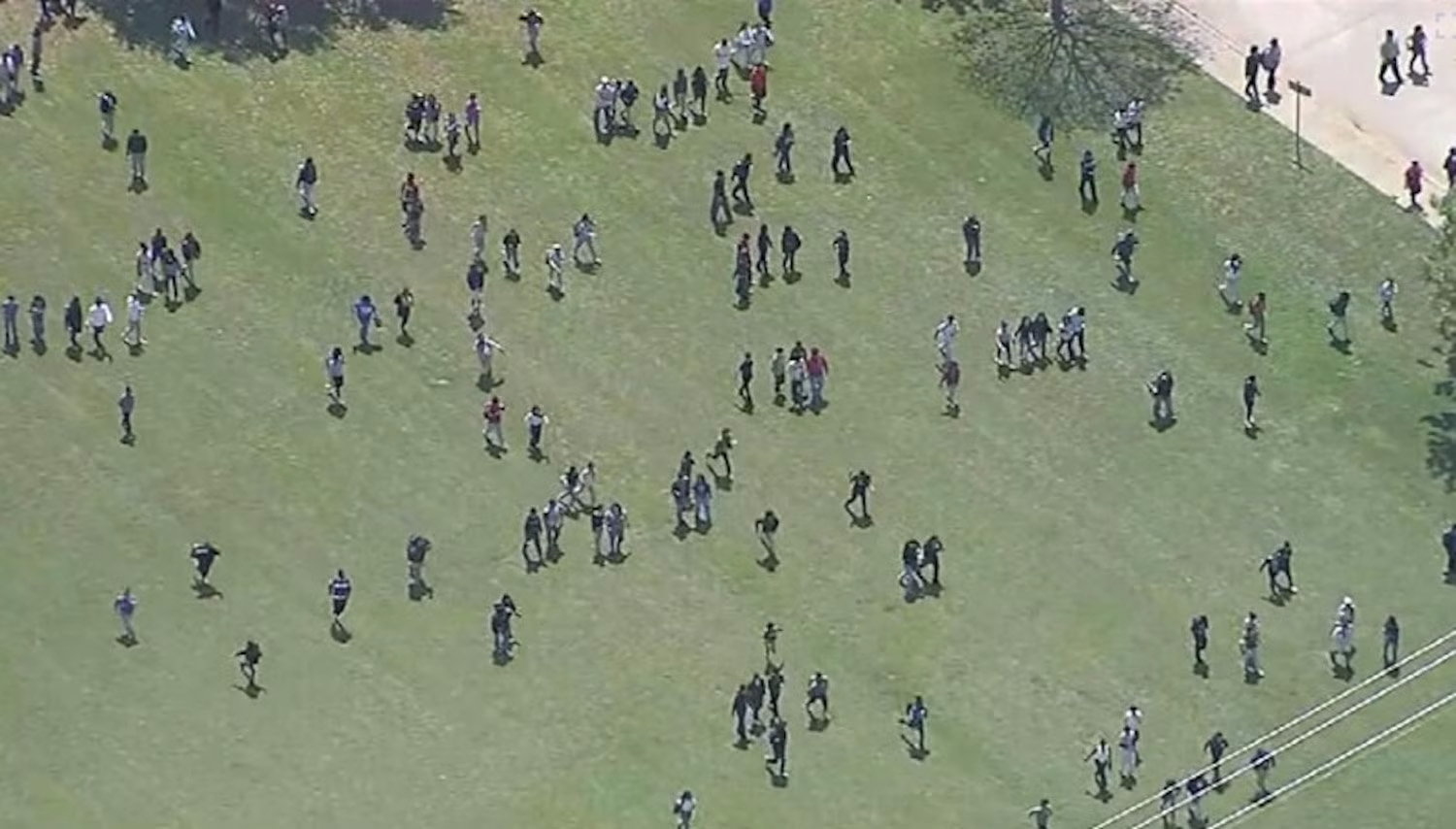13 Investigates: 911 call takers 'overworked' while responding to crisis calls
HOUSTON, Texas (KTRK) -- Julio Ariciaga is among the first people Houstonians talk to when they call 911 for an emergency.
For nearly two years, he's worked as a call taker at the Houston Emergency Center. He said during a typical busy shift, he answers more than 100 calls a day. After each call, he said he's automatically put through to the next 911 caller waiting to speak with an emergency responder.
"The calls automatically go, so you can't stop it unless you really need to stop the call, to finish processing it, to make sure that you respond to the dispatcher's questions if they send you any messages," Ariciaga told 13 Investigates' Courtney Carpenter. "You just have to keep pushing. You have to keep going. Make sure that you're doing the best that you can on your part."
When we spoke with Ariciaga last summer, he told us he had been working 12-hour shifts, five days a week for months due to staffing issues.
SEE ALSO: 'He was snoring': 911 call-taker heard sleeping under investigation
Shortly after that story aired, we were sent a recording of a Houston emergency call, where the call taker seemed to fall asleep.
Now, nearly a year later, 13 Investigates found long hours and staffing is still a top concern.
"I know that it takes a while for us to answer the phone, but that's because we're helping someone else in an emergency, but that doesn't mean we're not going to get to them," Ariciaga said.
Last year, 44 call takers left HEC, according to a 13 Investigates analysis of employment data. Half of the employees who left last year were there for less than six months. Four employees didn't even last a full month.
HEC Director Robert Mock initially agreed to speak with 13 Investigates about the staffing concerns, but canceled less than 24 hours before our scheduled on-camera interview.
SEE ALSO: Houston Emergency Center employees working overtime to answer calls due to staff shortages
Instead, in a statement, Mock said HEC has spent the last year trying to address its staffing shortages.
"The turnover is concerning but common in this industry nationwide and even more so since COVID placed additional hardships on personnel. All HEC Personnel are considered Tier 1 employees who report to work regardless of circumstances (hurricanes and other disasters). There were no 'work from home' options for 9-1-1 telecommunicators during COVID or any other disaster," Mock said response to our follow-up questions. "Many new hires find out the 24-7, 365 environment does not suit them despite emphasizing the scheduling and overtime when the job is posted, when employees are screened, when they are interviewed and during new hire orientation."
13 Investigates wanted to know what 911 staffing looks like in other Texas cities, so we reached out to the 10 largest cities across the state. Austin has the most call taker openings with 47% of their jobs unfilled. El Paso came in next with 40% of 911 call taker jobs open and Houston was third, with 31% of those positions open.
Cities like Lubbock, which has 6% of jobs unfilled, and San Antonio, which has 10% of 911 call taker jobs unfilled, are doing the best when it comes to staffing.
City of Houston Councilman Michael Kubosh said he didn't know how bad turnover at the department was until we told him about it.
"I don't know what's happening in other cities or other counties that well, but I do know this - that we have to fix our problem here. We have to address it and it's not a good enough answer to just say, 'well, this is happening around the country,'" Kubosh said. "That's not good enough."
Staffing has improved slightly over the last year. Last July, 66 of the 182 frontline telecommunicator jobs were vacant. Now, the department has 56 openings, which means about one in every three 911 call taker positions are unfilled.
If you're interested in joining the Houston Emergency Center as a 911 telecommunicator, the application is available on the city's website.
To help fill the gaps, HEC said supervisors also answer calls "as needed based on demand."
"HEC has worked in partnership with City of Houston Human Resources to streamline the recruitment process and bring hundreds of applicants into the process. Current staffing levels have continued to improve as we strive to reach full staffing levels," Mock said.
We wanted to know just how many of the individuals brought into the application process were hired full-time.
Mock told us, "generally speaking, 5 to 6% of the applicants initially screened make it through the process to join a training class."
He said HEC has always had vacancies, but he doesn't know for sure when full staffing will be reached.
'A handful of call takers'
Ariciaga said it's easy for employees on the inside to tell how short-staffed they are, but he doesn't think the rest of the community knows.
"I think nowadays people think that there are hundreds of call takers - hundreds, maybe even thousands of call takers - to take the calls, but in reality there's about a handful of call takers in general that take the calls and half of those take non-emergency calls, so we're a bit binded."
Ariciaga said his normal schedule is from 5:30 a.m. to 2 p.m. On days he works overtime, he said he can either volunteer to come in at 2 a.m. or come in at his regular hour and get "drafted" or mandated to stay until 6 p.m.
Either way, he said, it's still 12 hours of stressful calls.
"Working 12 hours a day, it's overwhelming, if you're doing it consistently five days a week," he said. "When you have that off day, every now and then working eight hours, it helps, but working at 12 hours nonstop, it feels like there's no work-life balance.."
Mock said overtime has always been a part of the department's staffing model.
"The actual overtime staffing needed varies depending on actual vacancies and the number of call outs by current personnel. Staffing needs change hour by hour each day. Lately, emergency calls for service have been trending upward and is causing the need for more call takers to be available," Mock said. "Ultimately, HEC is tasked with answering emergency calls for service from the citizens of Houston as quickly and efficiently as possible."
Still, Kubosh said it is important for these critical frontline worker positions to get filled so employees are not constantly working 12-hour days.
"The best scenario would be to have people that are fresh and that they're not overworked," Kubosh said. "If they want to work overtime when somebody's sick or when there's availability, that would be the exception instead of the norm, but if it's the norm, we're going to burn these people out and they're not going to stay with us."
Kubosh said he plans to talk to the city's quality of life division and human resources to see what they're doing to address turnover and help alleviate the need for 12-hour days.
"You have to be really on top of your game and to know how to help people to save lives. I'm disappointed that we've had so much turnover," he said. "We have to concern ourselves with their mental health too, because all the stuff that they hear, all the stories that they're told - how do you purge that out of your mind? All the screams, the cries, the horrors."
Despite the long hours, Ariciaga said he loves his job because he gets to help people in their time of need.
At the end of his 12-hour work days, he said he tries to unwind so he can make sure he's rested and alert enough to continue serving the community when he goes back to work the next day.
"I breathe with a sigh of relief. I'm just saying to myself, 'I'm finally home. I don't have to worry about not helping people because I've done my part to help them. Now I can go home and relax, the little time that I have, but I will start it again tomorrow,'" he said.
Contact 13 Investigates
Are you a 911 call taker? Or did you have experience issues calling 911? We want to hear from you. Tipsters can remain anonymous, but please provide a way for us to contact you with any follow-up questions. (On mobile? You can open our form by tapping here.)











